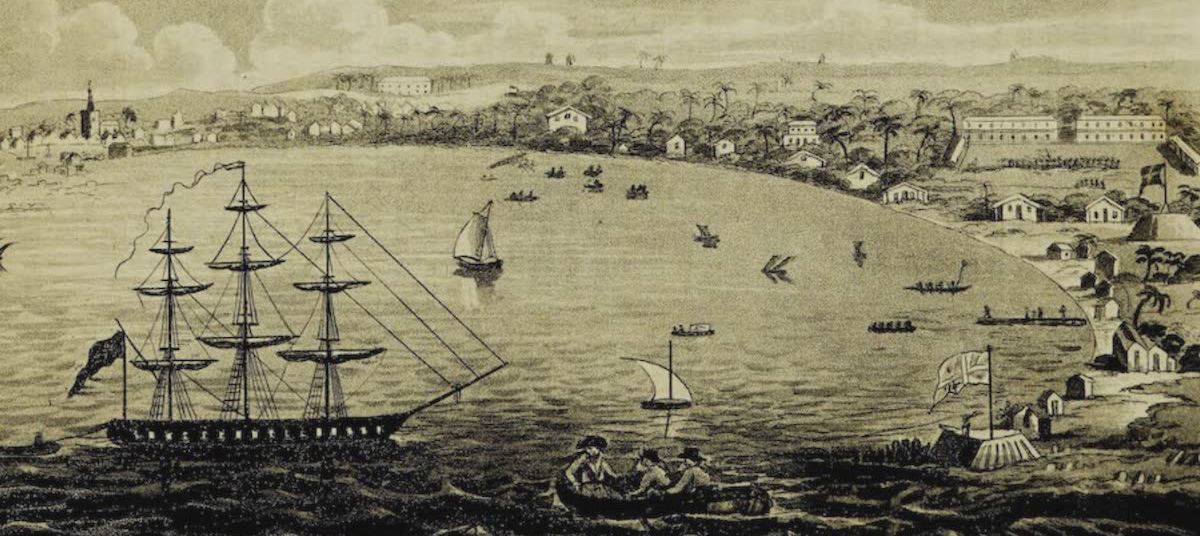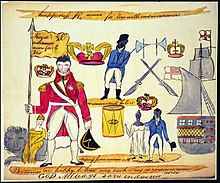
Tracing Barbados Ancestors
When the first English explorers landed there in 1625, they found Barbados to be uninhabited, having been abandoned by its Native American settlers a century earlier. England settled the island in 1627 and, owing to the success of the sugar industry there, would continue to rule it until 1966.
By the 1650s, sugar had made the island the wealthiest colony in the British Empire. Fortunes were to be made there, and a variety of immigrants arrived—from sons of the wealthy to indentured servants. Convicts and political rebels were dispatched to Barbados, and the insatiable need for labor on the island’s plantations gave rise to a profitable Atlantic trade in African slaves.
Not everyone who settled or was born in Barbados was destined to live his/her entire life there. Throughout the colonial period, for example, owing to the slave trade, tropical climate, the fortune-hunting mentality behind much of its settlement, and other factors, many of Barbados’ early settlers grew disenchanted. Farmers, former servants, and Africans and African Americans (by virtue of the slave trade) found their way to other Caribbean islands and the Americas—sometimes without mention of their origins. The foundation of the South Carolina rice industry, after mid-century, was built on the importation not only of slave laborers from Barbados but the colony’s very own slave code. Other islanders emigrated to New England or the middle colonies, responding to opportunities created by the triangular trade between North America, Europe or Africa, and the West Indies, as well as by the promise of cheap, abundant land. Following full emancipation in Barbados in 1838, thousands of former slaves headed for Trinidad, British Guiana, Suriname, and Panama. By the 1920s, the U.S. had become the most popular destination.
These aspects of Barbadian emigration, compounded by the difficulty in locating certain kinds of records, have created the need for a comprehensive guide to Barbadian genealogy, a need now met by genealogist Geraldine Lane’s book, Tracing Ancestors in Barbados: A Practical Guide.
Tracing Ancestors in Barbados covers all segments of Barbadian society, from the planter families to indentured servants and the tens of thousands of Africans brought in as slaves. It is designed to guide the reader through the many types of records and published sources that chronicle the lives of the people of Barbados. Ms. Lane’s book runs the gamut of genealogical sources, including: records of birth, baptism, marriage, death, and burial; Catholic, Jewish, and non-conformist records; census records and other lists of people; wills, letters of administration, and inventories; gravestones and cemetery records; newspapers and directories; deeds and powers of attorney; plantation and land ownership records; military records; immigration and emigration records; slave records; secondary sources; and much, much more. Ms. Lane also discusses the impact of the Internet and DNA evidence on Barbadian family history.
In short, here is an expert work that will ground the novice in the basics of Barbadian family history AND enlighten the experienced researcher about sources he/she has never considered. Illustrated, complete with a glossary, appendices and index, and modestly priced, Tracing Ancestors in Barbados is the one tool you will need to discover those elusive forebears from Barbados.
Collections of Barbados Genealogies and Source Records:
- Genealogies of Barbados Families
- Omitted Chapters from Hotten’s “Original Lists of Persons of Quality”
- Barbados and Scotland Links, 1627-1877
- Barbados Baptisms, 1637-1800
- Barbados Records: Marriages, 1643-1800. Two Volumes
Recent Blog Posts




